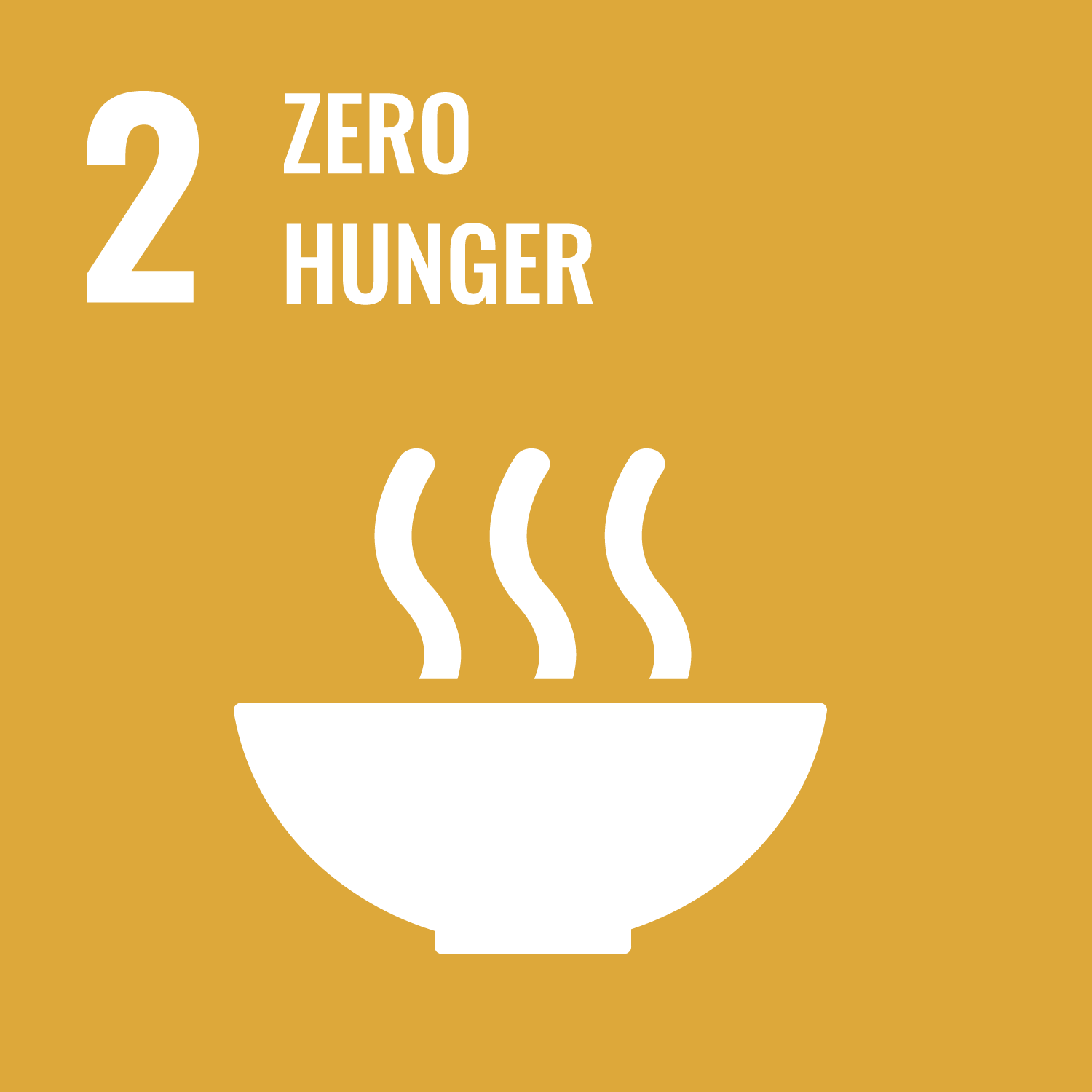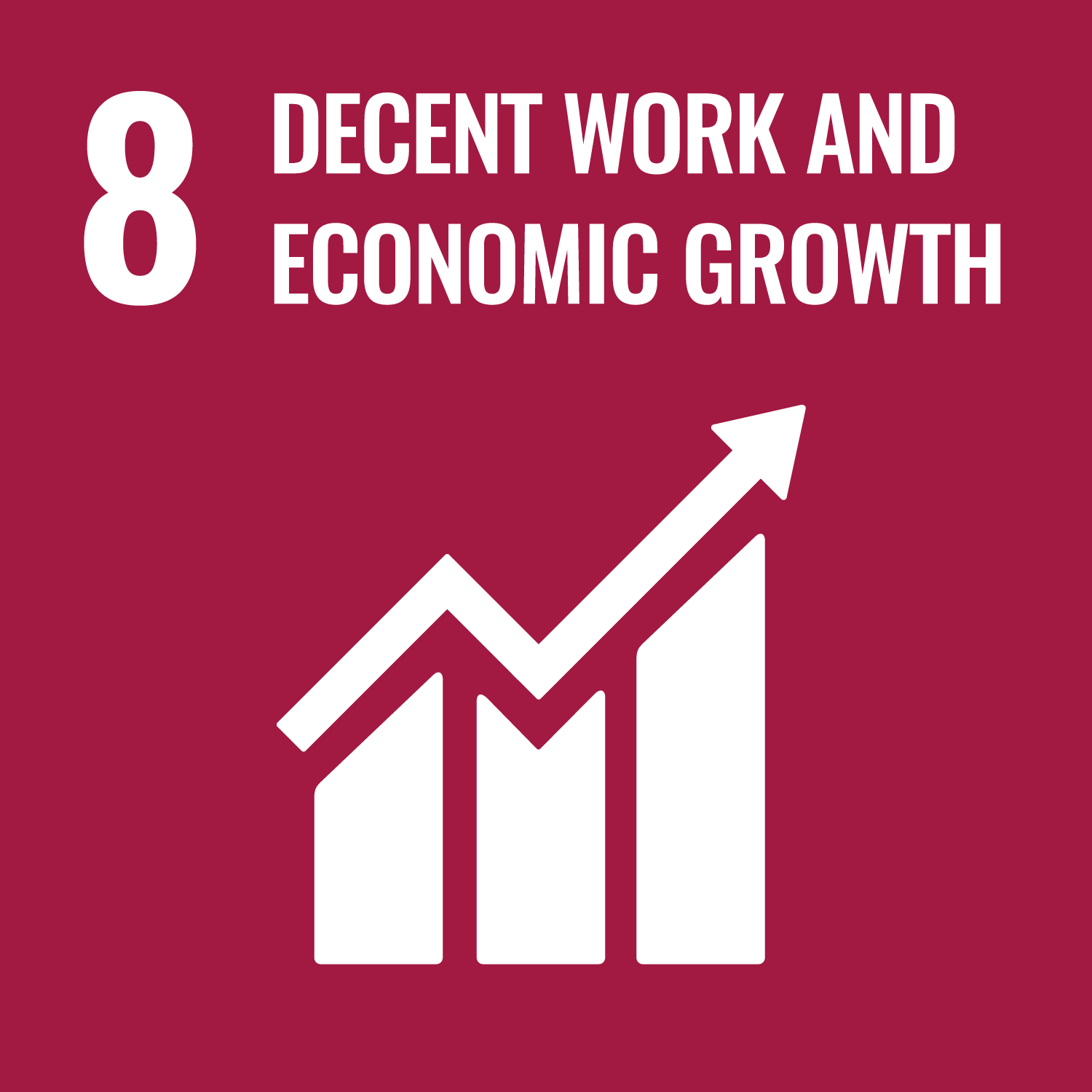
RwandaArticleDigitalization
RwandaArticleAgriculture




The Government of Rwanda (GoR) is implementing a strategy to enhance both the quantity and value of exported goods. Despite being a relatively small, landlocked nation with restricted flat land, Rwanda holds a competitive edge due to diverse and stable climatological zones as well as abundant water resources, supporting year-round production. The strategic emphasis is on cultivating high-value crops in demand on global markets, enabling Rwanda to optimize export revenues by leveraging its competitive advantages.
Rwanda has witnessed an increase in flight routines at Kigali International Airport, facilitating expanded exports of fresh agricultural products to Europe, Asia, and the U.S. Approximately a dozen companies successfully cultivate and export fruits, vegetables, and flowers, such as French beans, sugar snaps, snow peas, macadamia nuts, roses, and cut flowers, contributing to 50% of non-traditional exports in Rwanda. These exports extend to regional markets, primarily the Democratic Republic of Congo, Burundi, and South Sudan.
Despite the potential in these two sectors, they face challenges impeding their growth. These challenges encompass insufficient cold chain facilities, the absence of a packaging industry, a shortage of affordable and high-quality inputs, inadequate skills among farmers, and challenges in procuring greenhouses. But the current challenges can be transformed into opportunities for investors.
Opportunities in Rwanda’s Floriculture and Horticulture sector
There are various opportunities within the floriculture sector, including greenhouse farming, flower processing and packaging, and export activities. Similarly, the horticulture sector presents prospects in vegetable and fruit farming, along with opportunities in processing and exporting. Investing in Rwanda’s horticulture and floriculture sectors holds the potential for substantial returns, job creation, and significant contributions to the country’s economic growth. With adequate resources and support, these sectors have the potential to emerge as key players in the global agribusiness market.
Addressing these challenges through strategic interventions and support can unlock opportunities for robust growth, job creation, and enhanced contributions to Rwanda’s economic development in the global agribusiness market.
For more detailed information on opportunities in the horticulture and floriculture sector in Rwanda, download the report. Reach out to TRAIDE Rwanda if you need more information at [email protected].
Stay up to date
From sector studies to trade missions. From concept development to local coordination. Witness first-hand how we develop lasting private sector solutions.